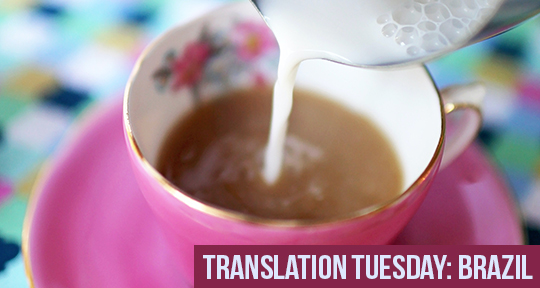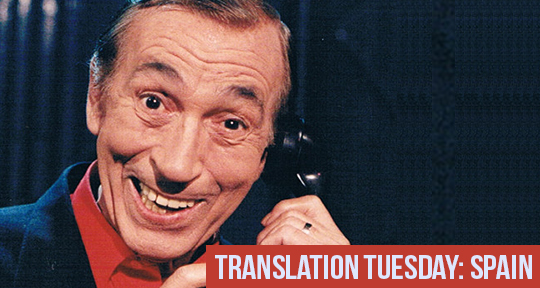The fate of a working class mother who loses her child is the focus of this week’s Translation Tuesday, which features an unforgettable experiment with the short story form. Devised through a verbatim technique, Carla Bessa—actress, director, and winner of Brazil’s most prestigious literary award, the Jabuti Prize—mines the genre for its dramatic possibilities. Bessa’s moving story switches deftly between a confessional monologue with eclectic punctuation that lends the mother’s voice a searing, staccato quality and, on the other hand, a set of intricate stage movements revolving around a domestic scene. The effect is a casual meeting of tragedy and mundanity. Indeed, for translator Elton Uliana, this story conveys “a reality of marginality and crime which is becoming increasingly prevalent in Brazil, particularly with the rise of far-right politics, its contempt for and disenfranchising of the lower classes.” This social commentary is achieved with great formal and emotional intensity in “It Was Then That I Lost That Child.”
(She takes the chicken out of the freezer and puts it in the microwave. She rinses the thermos with boiling water, she puts the filter holder over the mouth of the flask, she places the paper filter in the holder and fills it with coffee powder, five level soup spoons.)
And so then, I had: my children, I had: seven children, I mean: six. Because: the one who got killed, I never really got to raise him. I couldn’t. I only: I only had him for the first month, then his father: stole my child from me, yes, it was his father: he kidnapped my boy.
(She pours the hot water carefully over the coffee until the filter is full. She stops, and waits for the water to seep through. The microwave beeps. With the kettle in one hand she goes to the microwave, presses the button that opens the door to remove the chicken. She realises that she has only one hand free and pauses.)
He beat me up. I’ve got the scars here on my face, see, ruined: it was him. That’s why I’ve got a face like this, all: destroyed, have a look.
(She pours more water on the coffee, she stops and waits.)
He stole my son, and: I reported him. And so: it was his mother that had to look after my son. He and his mother raised my son, but: they never let me visit him. Then: I took them to court again: and I won: I won the right to see my own son. A right that was already mine. READ MORE…


